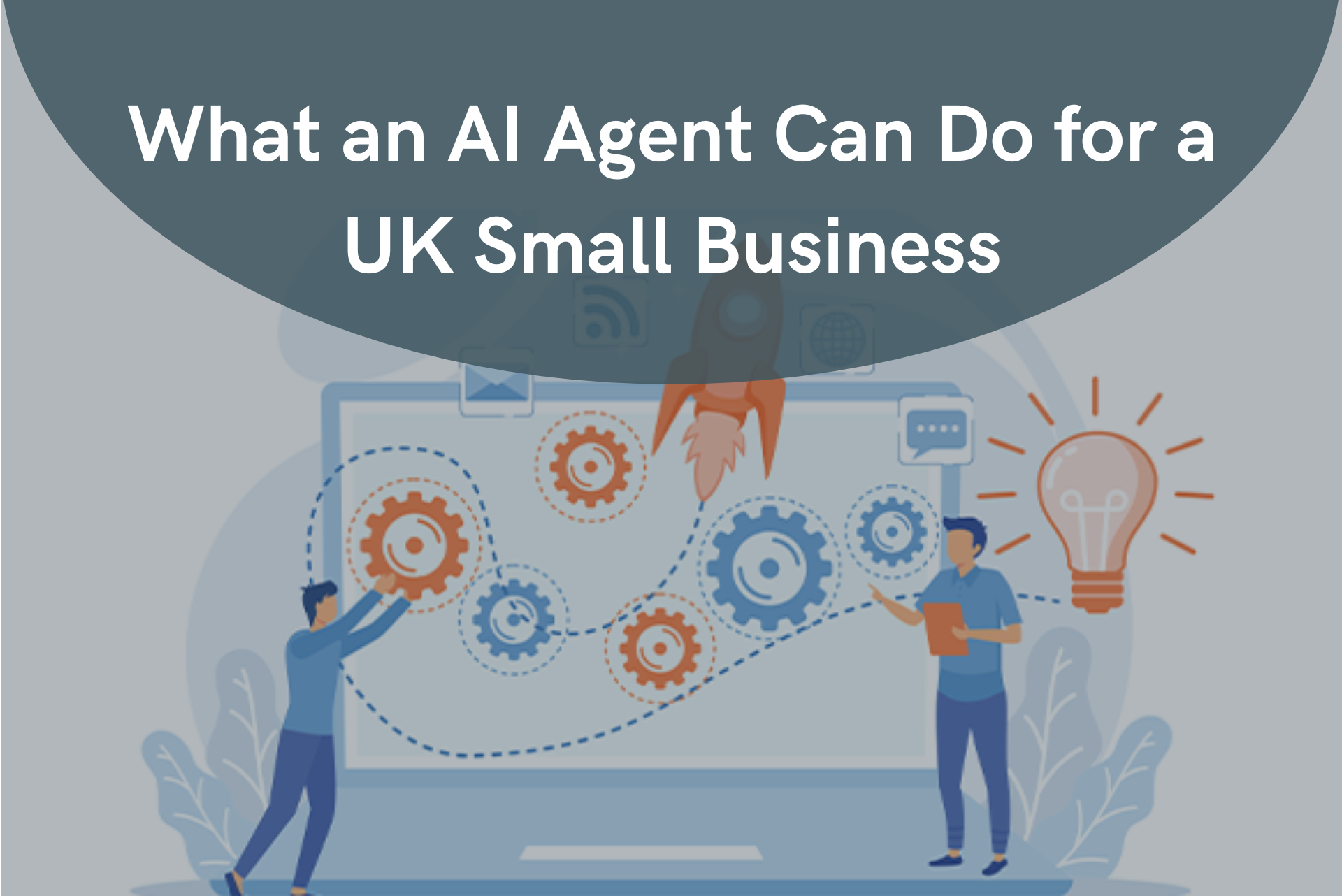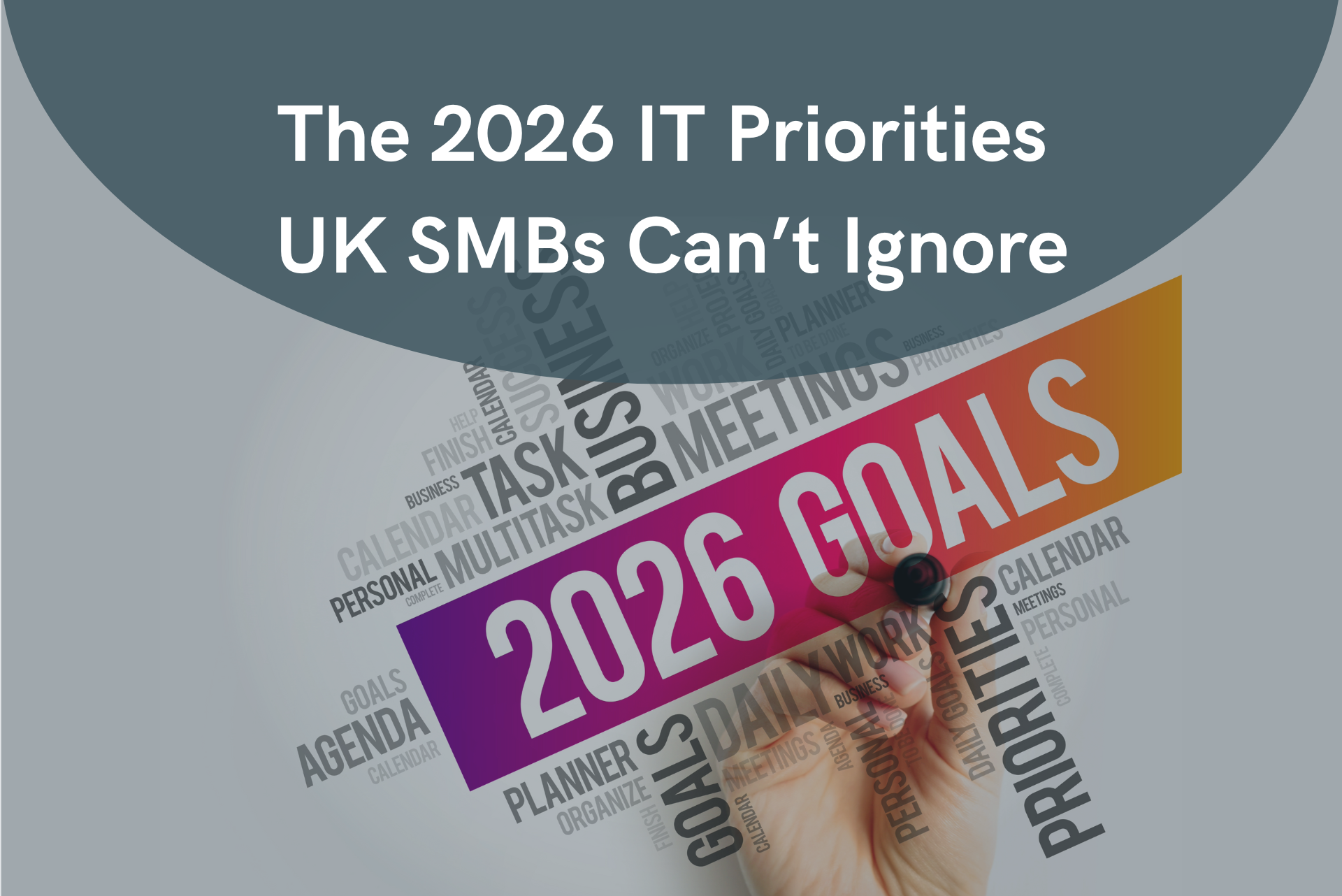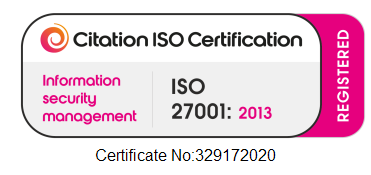Cybersecurity in Care Homes: Why Protection Can't Wait
Care homes are under attack. In 2023, almost half of UK care providers were hit by cybercriminals—through phishing emails, ransomware, and data breaches

Cyber‑Security in UK Care Homes: A Critical Priority
As care homes in the UK embrace digital transformation from electronic care records to remote monitoring, the cyber threats they face are escalating. It’s no longer 'if'—it’s 'when.' And when systems fail, it affects real lives: care delivery stalls, resources stretch thin, and residents are put at risk. New CQC rules and public expectations now tie data security directly to your service rating and your reputation. A breach could cost more than fines, it could cost trust. The healthcare sector remains a highly attractive target. More than half of healthcare organisations in the UK have experienced cyber attacks, with phishing accounting for about 75–86% of incidents in social care settings . Although only around a third of care providers reported an incident over three years, this likely underplays the true risk—underreporting and limited awareness mask the real extent.
Why Cyber‑Security Issues Matter in Care Homes
- Protecting Vulnerable Individuals
Cyber breaches don't just cause financial harm they risk resident welfare. If ransomware or IT failures compromise care planning systems, the consequences could be life-threatening. Even short service disruptions may delay or degrade essential care delivery. - Cost Implications
Incidents carry real costs. On average, a care provider spends about £2,575 managing a cyber incident over three years—covering staff time, IT recovery, and response measures. - Regulatory and Reputational Risk
In an era of GDPR, NIS2, and the upcoming Cyber Security and Resilience Bill, compliance isn’t optional. Care homes handling personal data face substantial fines and scrutiny if breaches occur. Reputation is also on the line; trust is fragile once compromised.
Top Cyber‑Security Best Practices for Care Homes
Implementing core cyber-hygiene measures aligned with NCSC’s Cyber Essentials and Cyber Assessment Framework (CAF) can significantly enhance resilience.
1. Phishing Awareness & Staff Training
With phishing accounting for 75–86% of incidents, regular training is imperative. Simulated phishing exercises, clear reporting channels, and updates on current scams help staff become your first line of defence.
2. Multi‑Factor Authentication & Strong Passwords
Enforce strong, unique passwords and introduce multi‑factor authentication (MFA) on all critical systems especially email and remote access. This is foundational to Cyber Essentials and CAF .
3. Maintain Software & Patch Management
Outdated systems with unpatched vulnerabilities are easy prey. Automate updates for all devices, servers, and third-party platforms with access to sensitive data.
4. Network Defences
Deploy both hardware and software firewalls to regulate incoming and outgoing traffic and prevent unauthorised access.
5. Data Backups and Recovery Planning
Backups are vital. Ensure critical data is stored securely off-site or in the cloud and tested regularly. Integrate cyber‑attack scenarios into your existing business continuity and disaster recovery plans.
6. Cyber‑Risk Assessments & Cyber Essentials Certification
Conduct annual cyber-risk assessments and consider seeking Cyber Essentials or even Cyber Essentials Plus certification. These frameworks guide the implementation of key security controls like access management, patching, and malware protection.
7. Incident Response Strategy
Create and rehearse a clear incident response plan. Assign roles, establish reporting lines, and include local ICS/NCSC escalation procedures. Quick decisions can reduce both safety and reputational impacts. About 40% of providers had a plan in place those with formal plans had incidents detected more quickly and resolved with less impact .
8. Third‑Party Oversight
Almost half of care incidents stem from third-party providers
TechUK’s Tips for 2025
TechUK highlights three strategic areas for health and care cyber teams:
- Move from Strategy to Action: Build clear sub‑plans for NCSC and NHS frameworks, backed by timelines and responsibilities.
- Use CAF Early: Embrace the Cyber Assessment Framework as a roadmap, tying it into staff training and supplier reviews.
- Operate in a 'Constant Threat Environment': Recognise that AI-enhanced threats demand ongoing vigilance, threat intelligence, and technical defences.
Outlook: Regulation Is Evolving
The government's Cyber Security and Resilience Bill is under Parliament. Once passed, it will broaden incident reporting, include new sanctions, and raise standards across essential services, including adult social care providers.
Conclusion
Cybersecurity is no longer optional for UK care homes—it’s a legal, ethical, and operational imperative. With residents’ safety, data privacy, and service continuity at stake, care providers must prioritise cyber resilience now.
By embracing Cyber Essentials, delivering staff training, hardening systems, conducting risk assessments, and preparing for incidents, care homes can ensure digital growth supports not undermines the highest standards of care.
Commitment today will prevent crises tomorrow. At Cranborne Technologies, we build cybersecurity solutions that work for care homes, not against them. Technology That Supports Care, Not Complicates It. We believe technology should lift pressure off your team, not add to it. Our solutions are designed to fit how you already work. Get Ahead of the Risk. Don't wait until something goes wrong. Book a FREE IT Audit and we’ll assess your systems, find the risks, and give you a practical action plan you can trust. Together, we’ll keep your residents, your staff, and your care environment safe.




